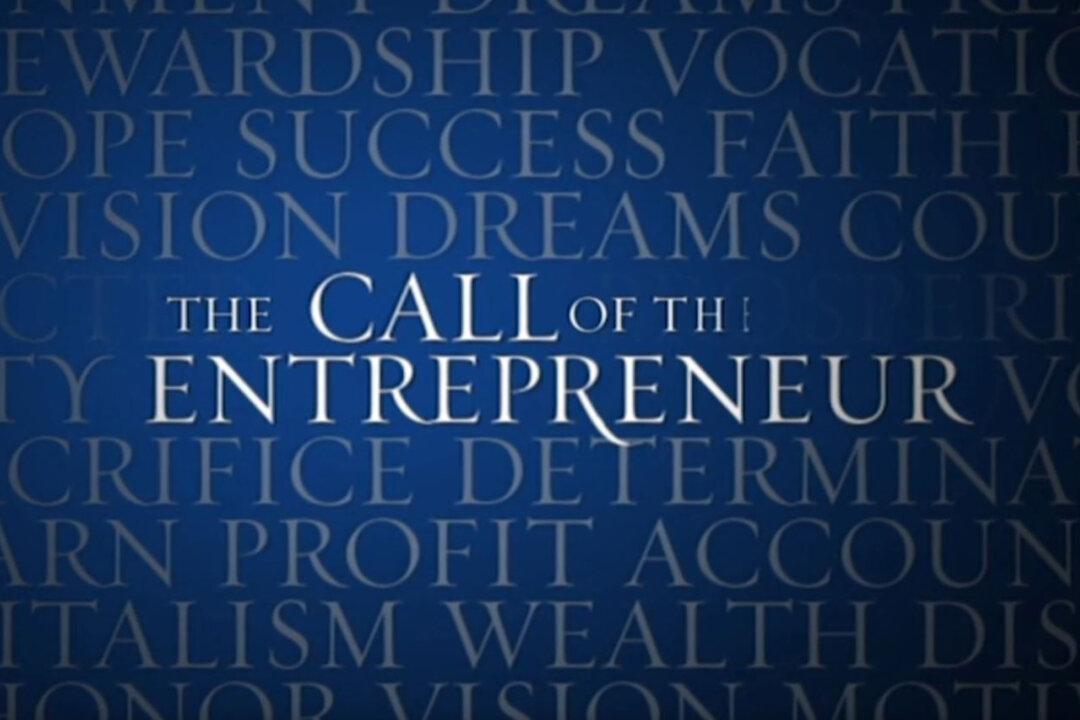Commentary
In many of today’s popular media, such as films, TV, and literature, capitalism is often maligned. Capitalists, particularly entrepreneurs, are often portrayed as inherently morally compromised and self-aggrandizing scumbags who don’t care about anyone else but themselves.





